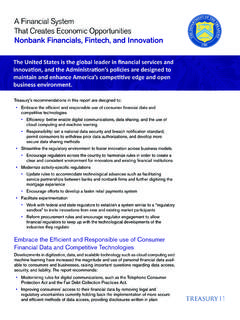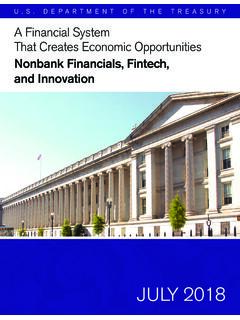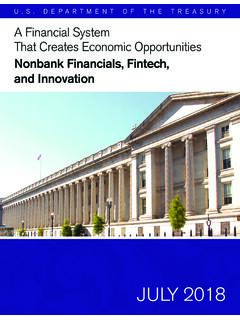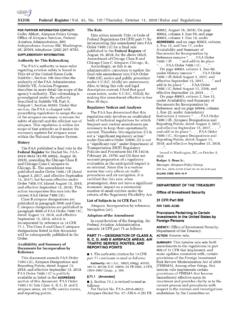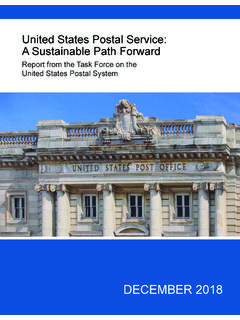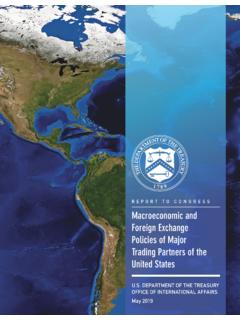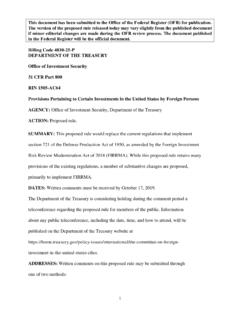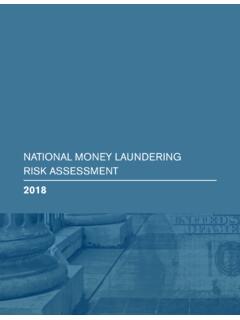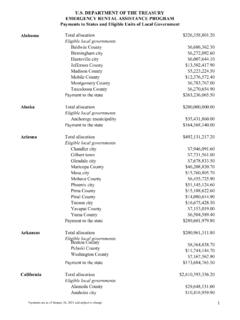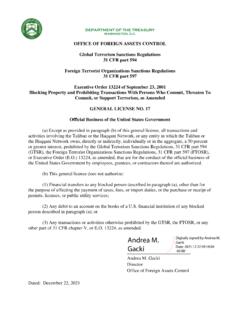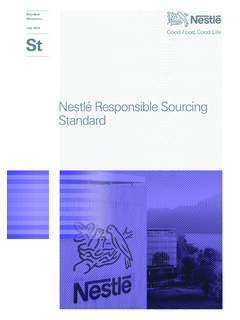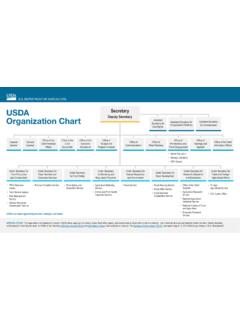Transcription of Title: Risks and Considerations for Businesses and ...
1 1 Publication Date: January 26, 2022 Title: Risks and Considerations for Businesses and Individuals with Exposure to Entities responsible for Undermining Democratic Processes, Facilitating Corruption, and Committing Human Rights Abuses in Burma (Myanmar)1 SUMMARY On February 1, 2021, Burma s military (also known as the Tatmadaw)2 overthrew the country s democratically elected civilian government, reestablishing full military rule in Burma (Myanmar). The military has unjustly arrested leaders of the democratically elected government, cut off utilities and travel, and committed serious human rights abuses and other abuses against individuals in Burma, including violently suppressing peaceful protests.
2 Additionally, the military regime has targeted the labor union movement, arrested numerous union leaders and members, and declared 16 labor unions to be illegal. These heinous acts are a rejection of the will of the people of Burma, as expressed in their November 2020 elections. Further, the coup and subsequent abuses committed by the military have fundamentally changed the direction of the economic and business environment in Burma, reversing the modest gains achieved since the country held its first parliamentary elections in 2011, and resulting in a more opaque business environment in which the military can draw from multiple sources of revenue to support its operations without civilian oversight.
3 According to the UN Fact Finding Mission in 2018: No business enterprise active in Myanmar or trading with or investing in Businesses in Myanmar should enter into an economic or financial relationship with the security forces of Myanmar, in particular the Tatmadaw, or any enterprise owned or controlled by them or their individual members, until and unless they are re-structured and transformed as recommended by the 1 This advisory is explanatory only and does not have the force of law. It does not supplement or modify statutory authorities, executive orders, or regulations. It is not intended to be, nor should it be interpreted as, comprehensive or as imposing requirements under law, drawing any legal conclusions about specific fact scenarios regarding particular Businesses or entities, or otherwise addressing any particular requirements under applicable law.
4 Its sole intent is to provide information to Businesses and individuals that they may consider in assessing their potential exposure to involvement with entities engaged in human rights abuses, as part of a risk-based approach to due diligence. Please see the legally binding provisions cited and other relevant legal authorities. 2 For terminology throughout this advisory: the Tatmadaw refers to the military of Burma; the military regime refers to the military leadership who overthrew the democratically elected government; and the military regime refers to the military-led government. 3 A/HRC/39 , Report of the detailed findings of the Independent International Fact-Finding Mission on Myanmar, 17 September 2018.
5 2 The Departments of State, the Treasury, Commerce, Labor, Homeland Security and the Office of the Trade Representative are issuing this advisory to inform individuals, Businesses , financial institutions, and other persons, including investors, consultants, and research service providers (hereafter Businesses and individuals ) of the heightened Risks associated with doing business in the country, and in particular with the military regime, which is involved in human rights abuses. Additionally, Businesses and individuals should be wary of the associated illicit finance Risks as well as reputational and legal Risks of conducting business and utilizing supply chains under military control in Burma.
6 The military regime s government is undermining democratic processes and the rule of law, facilitating corruption, and committing serious human rights abuses; these actions exacerbate Risks to foreign Businesses and individuals operating in Burma or providing financial services to Burmese Businesses . The specific entities and sectors of greatest concern within Burma include: State-owned enterprises Gems and precious metals Real-estate and construction projects Arms, military equipment, and related activity These entities and sectors have been identified as primary industries providing economic resources for Burma s military regime. Many Businesses and individuals associated with these entities and sectors are subject to various restrictions imposed by several countries and international organizations in addition to the United States, including the European Union, Australia, Canada, New Zealand, the Republic of Korea, and the United Kingdom.
7 Additionally, the UN General Assembly voted in favor of a non-binding resolution restricting the sale of arms into Burma. Businesses and individuals with potential exposure to, or involvement in operations or supply chains tied to, the military regime that do not conduct appropriate due diligence run the risk of engaging in conduct that may expose them to significant reputational, financial, and legal Risks , including violations of anti-money laundering laws and sanctions. Additionally, Burma faces significant money laundering Risks and gaps in implementing its anti-money laundering (AML) and counter financing of terrorism (CFT) legal framework. The international financial sector should recognize that deficiencies within Burma s financial sector and lack of adequate measures to address its money laundering Risks led the Financial Action Task Force (FATF) to publicly identify Burma in 2020 on the list of jurisdictions under increased These Risks have likely only increased since the coup and as such, financial institutions are encouraged to reconsider Burma s deficiencies in their risk analysis.
8 In 2003, the Department of the Treasury s Financial Crimes Enforcement Network (FinCEN) designated Burma as a jurisdiction of primary laundering concern due to the lack of effective anti-money laundering controls throughout its financial sector. Although this designation was 4 FATF places a jurisdiction under increased monitoring when the country has committed to resolve the identified strategic deficiencies within agreed timeframes and is subject to increased monitoring. For the latest information about Burma s status in the FATF monitoring process visit the FATF s website. 3 made subject to a grant of conditional exception in 2016,5 the return of the military regime will likely reverse the progress made on anti-money laundering controls that led to the 2016 exception.
9 Finally, a number of goods imported from Burma into the United States have been tied to labor abuses including child and forced labor. According to the 2020 release of the Department of Labor s List of Goods Produced by Child Labor or Forced Labor and List of Products Produced by Forced or Indentured Child Labor, there are 14 goods from Burma with evidence of production by child labor, forced labor, and/or forced child I. STATE-OWNED ENTERPRISES BENEFITING THE MILITARY A 2018 report by the Organization for Economic Co-operation and Development (OECD) found that corruption is disproportionately higher in the oil and gas, mining, postal, energy, and transportation and logistics sectors worldwide due to the heavy involvement of state and military entities as well as their high transactional Burma s junta-controlled state-owned enterprises (SOEs) play a dominant role in these sectors of the economy and are responsible for generating about half of the regime revenue and spending half of the regime budget.
10 The largest of these SOEs are in the natural resources sector and include but are not limited to: Myanma Oil and Gas Enterprise (MOGE); Myanmar Mining Enterprises 1, 2, and 3; Myanma Gems Enterprise; and Myanma Timber Enterprise (MTE). Reports also indicate that state-owned Myanma Posts and Telecommunications (MPT) actively collaborates with the regime s surveillance program. MGE and MTE were designated by OFAC under Executive Order ( ) 14014 in April The business community should further review and, as appropriate, consider updating their risk assessments associated with continuing to do business with Burma s other SOEs as well. Burma s SOEs not only generate revenue for a military regime that is responsible for lethal attacks against the people of Burma, but many of them also are subject to allegations of corruption, child and forced labor, surveillance, and other human and labor rights abuses.
